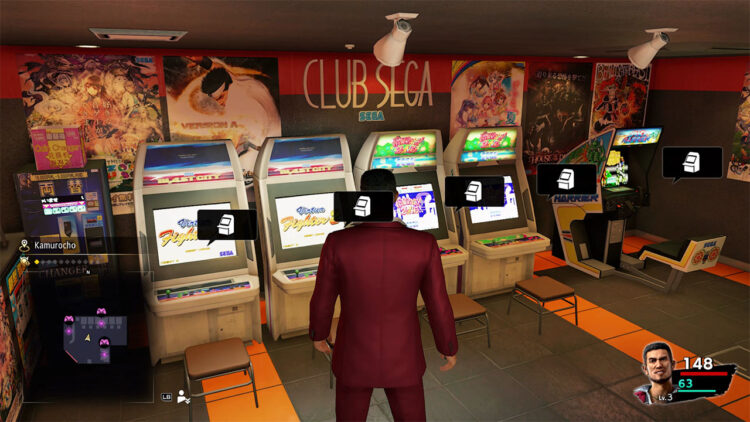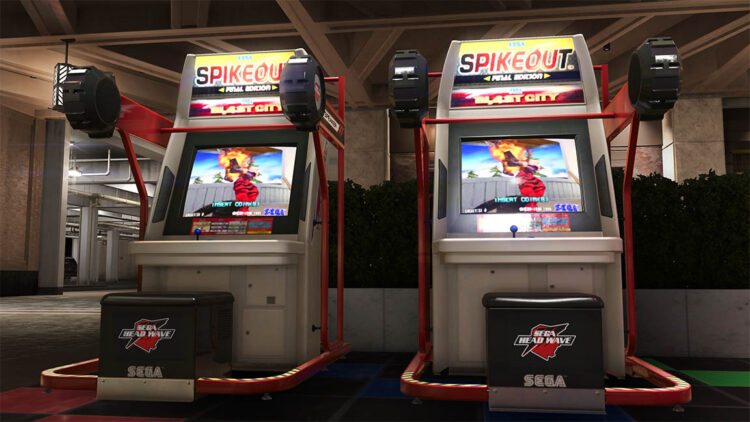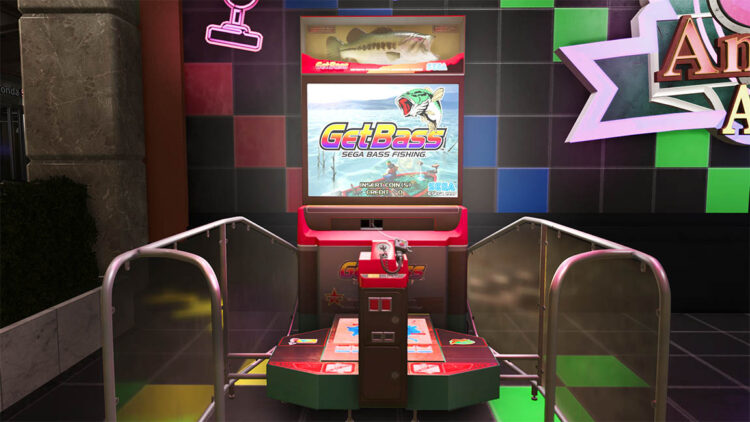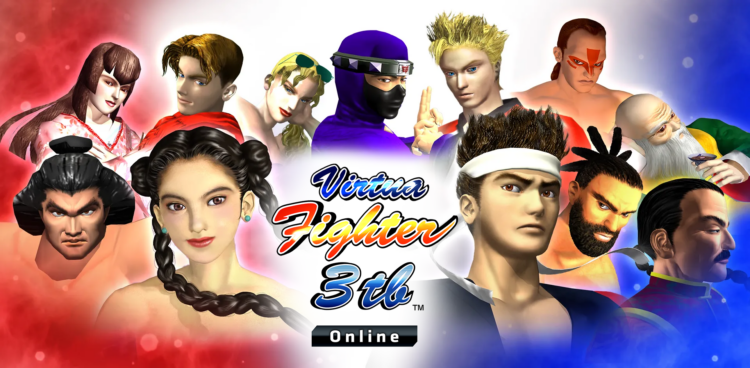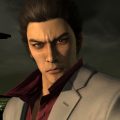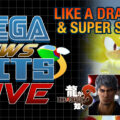Esteemed Ryu Ga Gotoku Studio programmer Hitoshi Iizawa is being given an excellence award at the latest CEDEC, or Computer Entertainment and Developers Conference, in Japan for his work on emulation of Model 2 and 3 arcade games in the Like A Dragon series. This news was shared yesterday on Twitter by Lost Judgement director Yutaka Ito and is also being shown on the CEDEC website’s top awards list. Yutaka Ito’s tweet was also transcribed by known Twitter translator Gosokyuu.
Here’s what the CEDEC had to say about this honor on their website, translated to English:
The committee commended the expertise and uniqueness of the efforts to reproduce games for dedicated arcade hardware at the dawn of 3DCG games, as well as the fact that through the commercialization of these games, past arcade games that were often buried in the past were brought to the attention of today’s players.
Ito also had more to say about what went into the development of the emulation for these games and the difficulties of it on Twitter. You can read more about that past the break.
Hitoshi Iizawa, the maverick Ryu ga Gotoku Studio programmer who spearheaded their Model 2/Model 3 emulation efforts, will be receiving an Excellence Award (Engineering Division) at this year’s CEDEC for their work in preserving early-3D arcade games https://t.co/AR92pQ3R8D🇯🇵 https://t.co/YqtuRLZm0X
— GSK | https://cohost.org/gosokkyu (@gosokkyu) August 19, 2024
According to Yutaka Ito, a team within RGG Studios holds meetings discussing which Sega arcade classics should be brought into the latest RGG games. They make their decisions based on three main factors: Whether the game has a sizable fanbase, whether or not the game has been ported to home consoles before, and if anyone on the team has any personal attachment to the games in question.
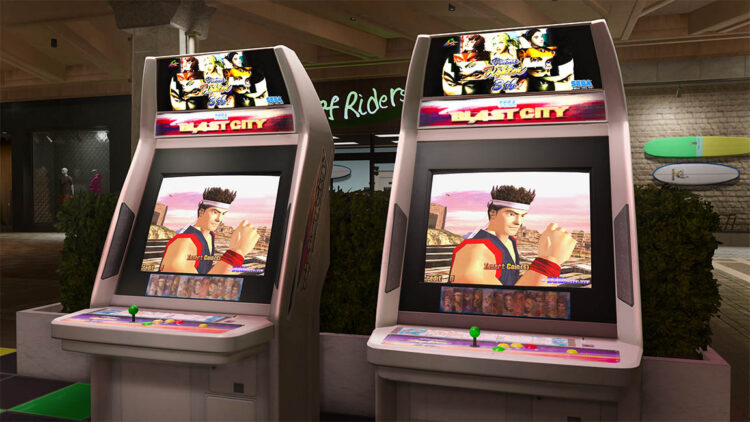 Ito-san has also noted some advantages and disadvantages to putting arcade games within the Like A Dragon series. By using Like A Dragon as a vehicle for showcasing these games, they don’t need to worry about sales or marketing for them like they would with a standalone release. However, because it’s not a standalone release, they still have hard limits on what can be spent to release these games. They sadly cannot justify games with any existing licensing issues, such as most racing and sports games or games containing any other licensed material such as music. Even when a game has no obvious attachment to any external license, they still have to consult with Sega’s licensing department and the original developers of those games to make sure there is no audio with unattainable licenses contained anywhere within the game.
Ito-san has also noted some advantages and disadvantages to putting arcade games within the Like A Dragon series. By using Like A Dragon as a vehicle for showcasing these games, they don’t need to worry about sales or marketing for them like they would with a standalone release. However, because it’s not a standalone release, they still have hard limits on what can be spent to release these games. They sadly cannot justify games with any existing licensing issues, such as most racing and sports games or games containing any other licensed material such as music. Even when a game has no obvious attachment to any external license, they still have to consult with Sega’s licensing department and the original developers of those games to make sure there is no audio with unattainable licenses contained anywhere within the game.
Besides the legal aspects, the team at RGG also must navigate technical difficulties with these games. They have to make sure the games can be run smoothly within the Dragon Engine on the many systems the engine can run on. They also have to see if they can modify anything within the game such as, for example, if there is constant screen flashing that needs to be reduced or changing anything to “match the times”. A good example would be how they’ve renamed Daytona USA 2 to Sega Racing Classic 2, which also served as a way of removing the need to reacquire the Daytona Championship license just for that game. In some cases, they also went through the trouble of looking for arcade boards to extract the rom data off of in cases where a game was modified for bug fixes or balancing readjustments after already shipping it off to arcade centers and they do not have the most stable consumer-ready revision of a game already within Sega’s own digital archives. Once the legal and technical hurdles are dealt with, that’s when the work to include said classic game in the next Like A Dragon game begins officially.
Believe it or not, the most difficult aspect of reproducing classic arcade games in Like A Dragon is actually creating believable 3D models of the arcade cabinet. RGG Studio’s 3D modelers recreate the cabinet based off of CAD data for the cabinet’s design. Sometimes they resort to checking out old photos of the cabinets or any stores that ordered the original games to examine the cabinet and its instructional cards if they do not have accurate visual data already in their archives.
The last step is making sure the game’s controls can be easily translated to the controllers used by modern platforms. In the case of Get Bass, or Sega Bass Fishing (1998), in particular, they had an especially hard time translating the arcade game’s fishing rod controller to a standard controller setup and the game wound up a bit too unwieldy for players in the end. Ito-san even felt the need to personally apologize to players for this mistake.
Besides bringing these arcade classics into Like A Dragon, Hitoshi Iizawa was also the programmer for the Xbox 360/PS3 digital ports of arcade games such as Virtual-On Oratorio Tengram (1998), After Burner Climax (2006), Daytona USA (1994), Sonic the Fighters (1996), and Virtua Striker (1995), as well as programmer on Virtua Fighter 3tb Online, which was created off the work he did to bring Virtua Fighter 3tb into Like a Dragon: Infinite Wealth, the latest game in the Like A Dragon series as of this writing. He certainly has a passion for reintroducing these rarely seen arcade classics to modern gamers at home, and it’s wonderful to see him recognized for his efforts. We here at SegaBits also extend our gratitude toward him for his efforts and can’t wait to see more of these games come home, either in Like A Dragon or, hopefully one day, in their own standalone release or in future classic Sega compilations.
So tell us what you make of this in the comments below? Are you enjoying all these arcade classics in the Like A Dragon series? Which is your favorite so far and what do you hope to see in future Like A Dragon games, with or without the technical or legal hurdles Ito-san was talking about above? Do you hope to see more of these games released outside of Like A Dragon? Lets talk about it.

